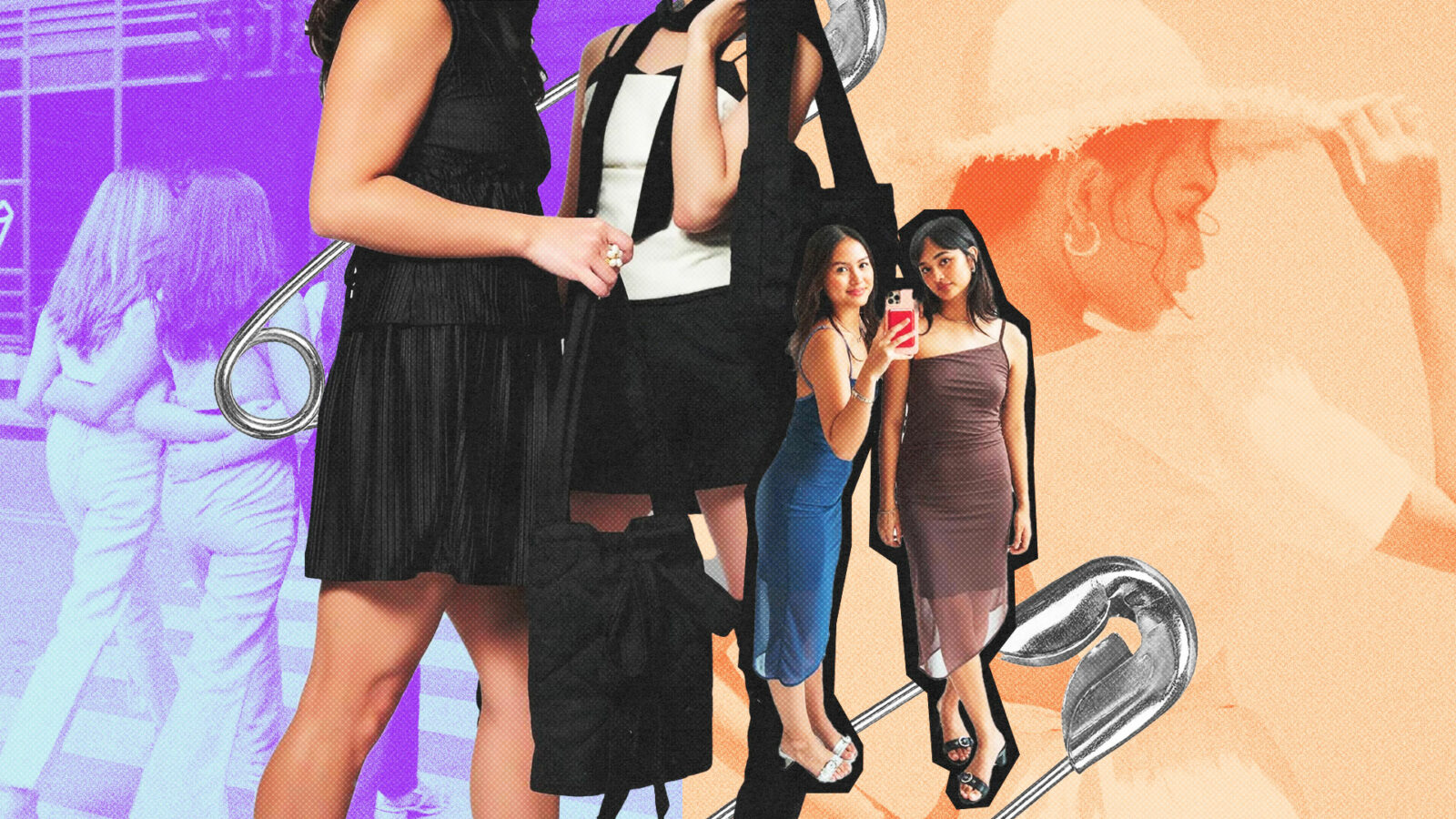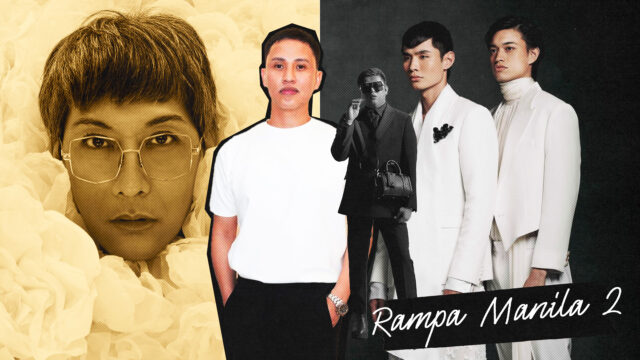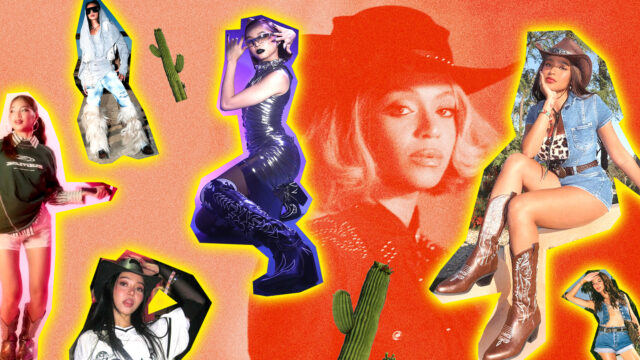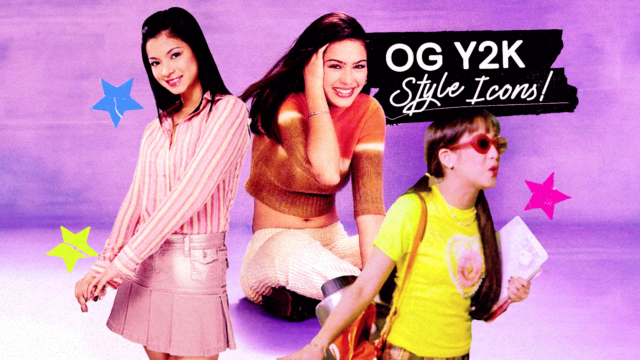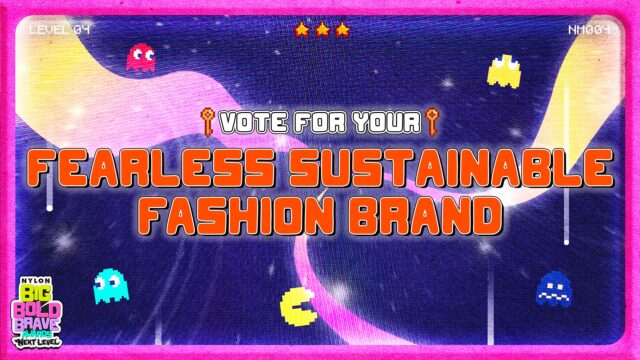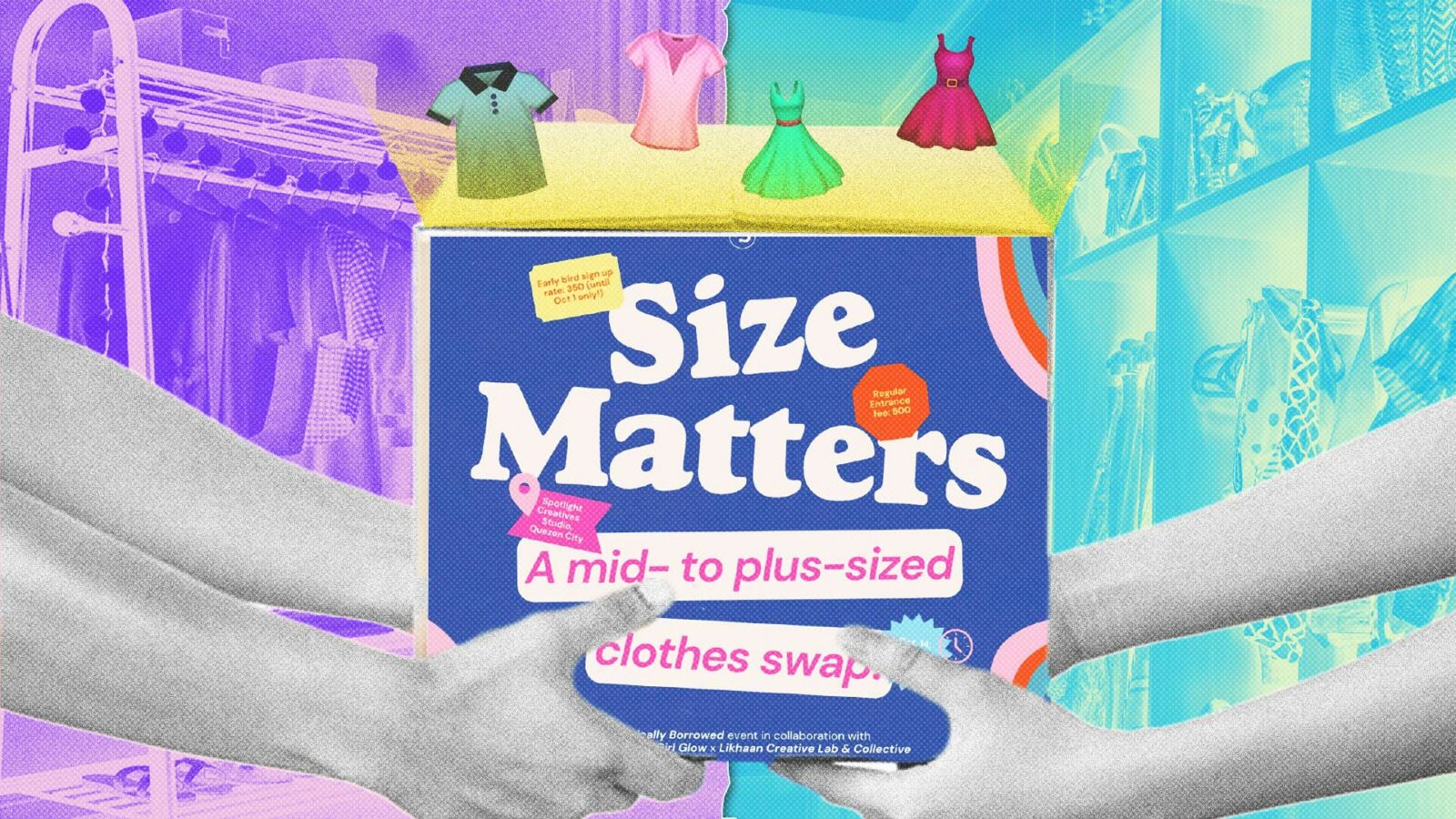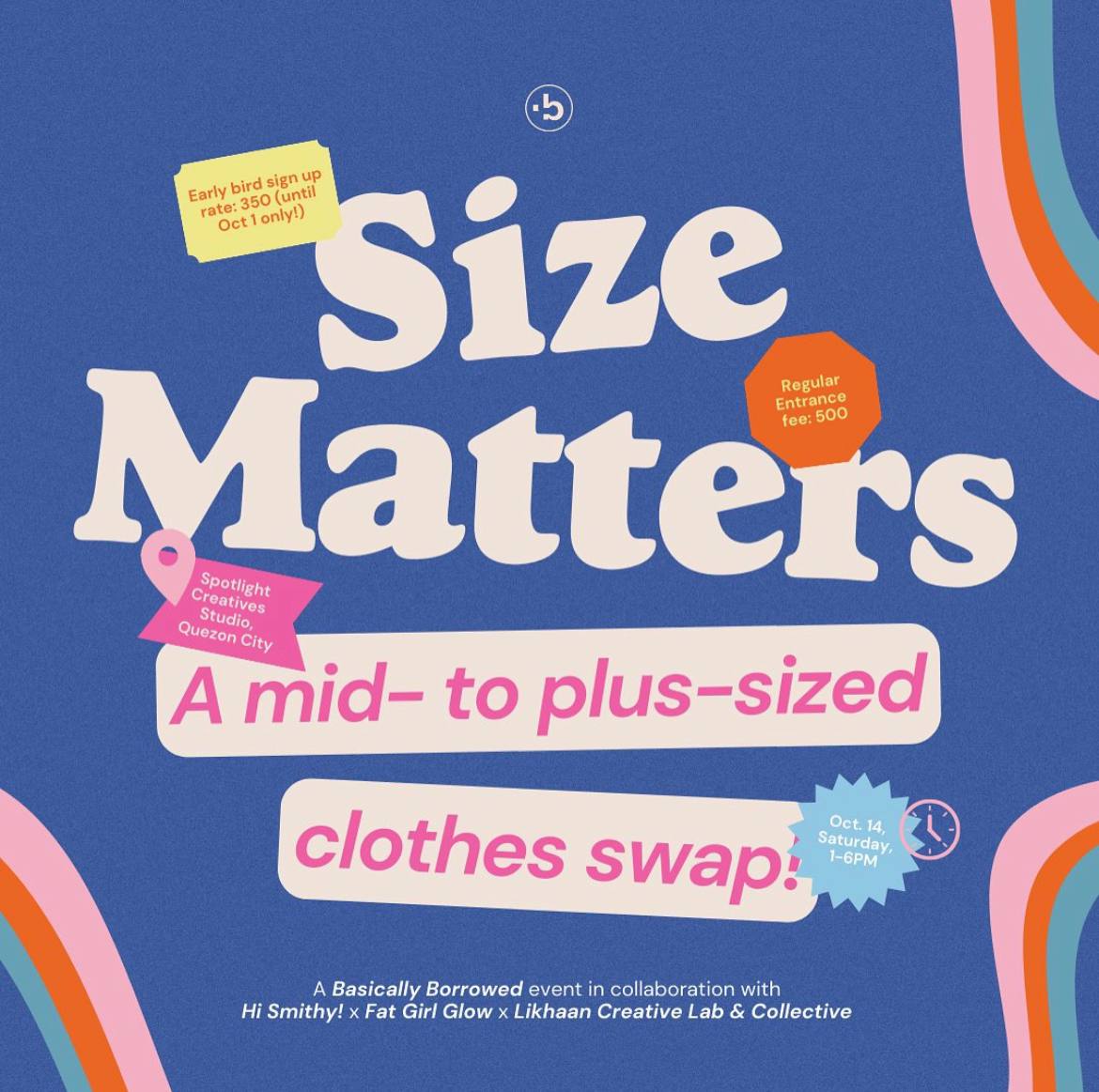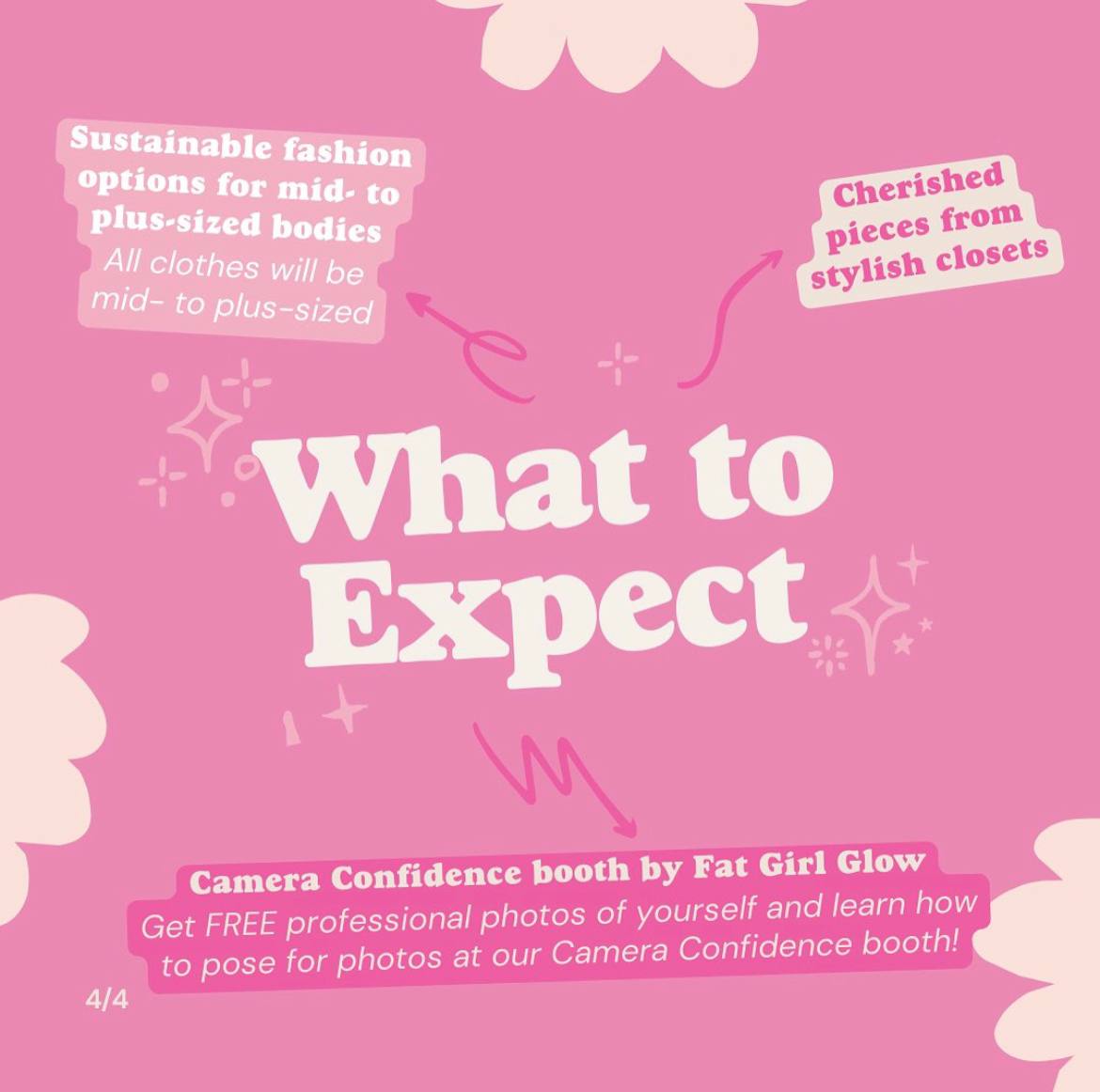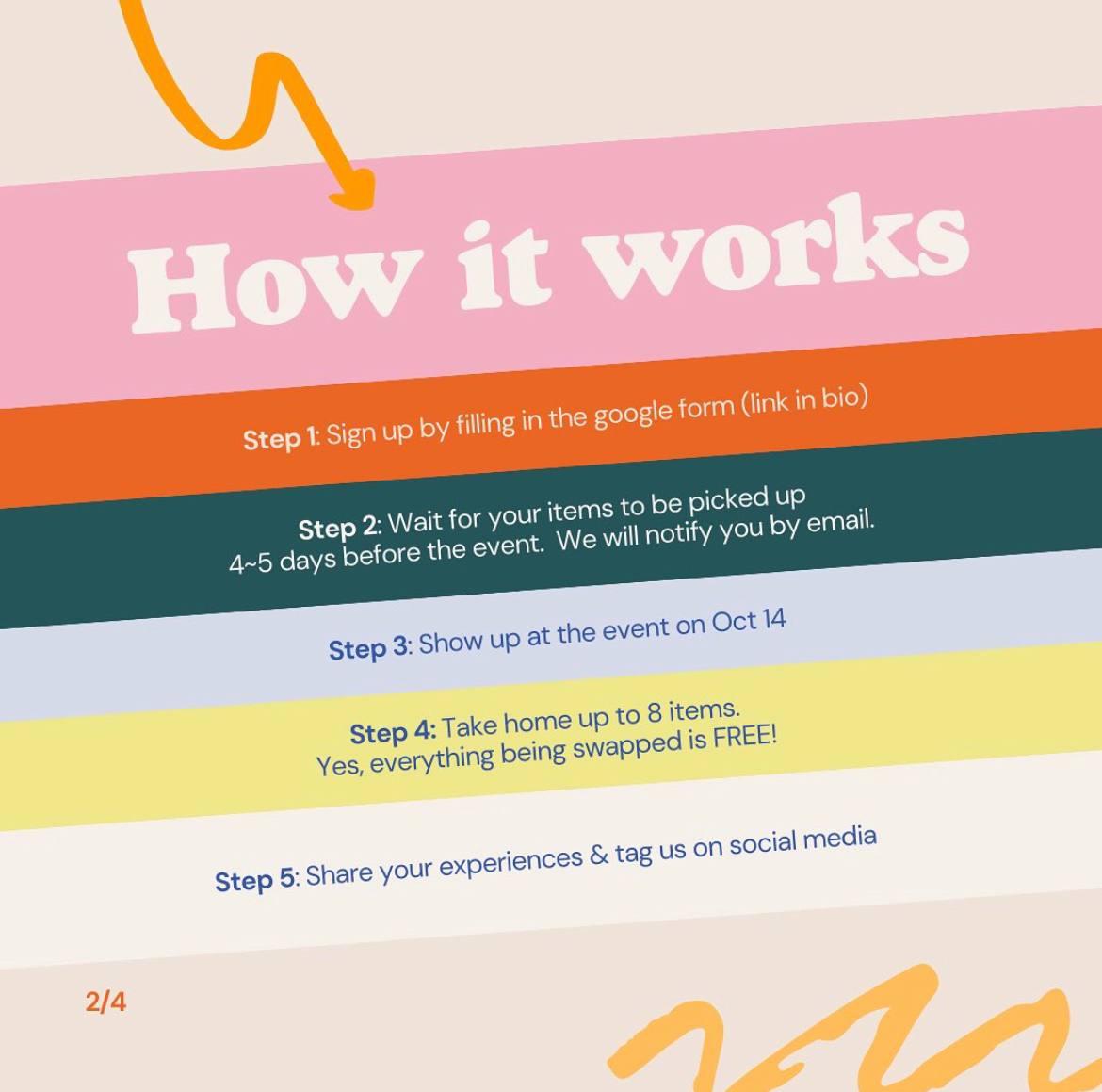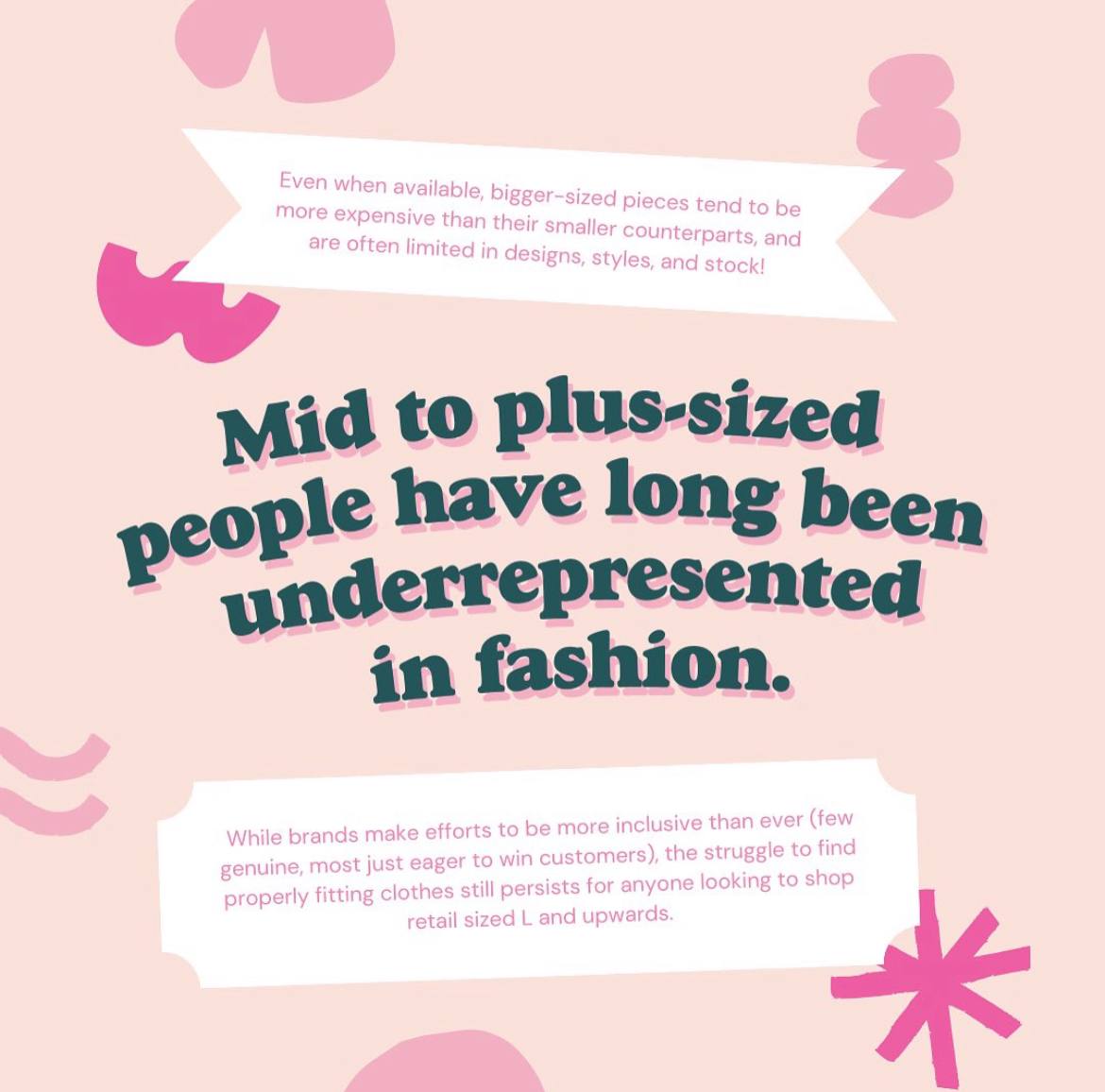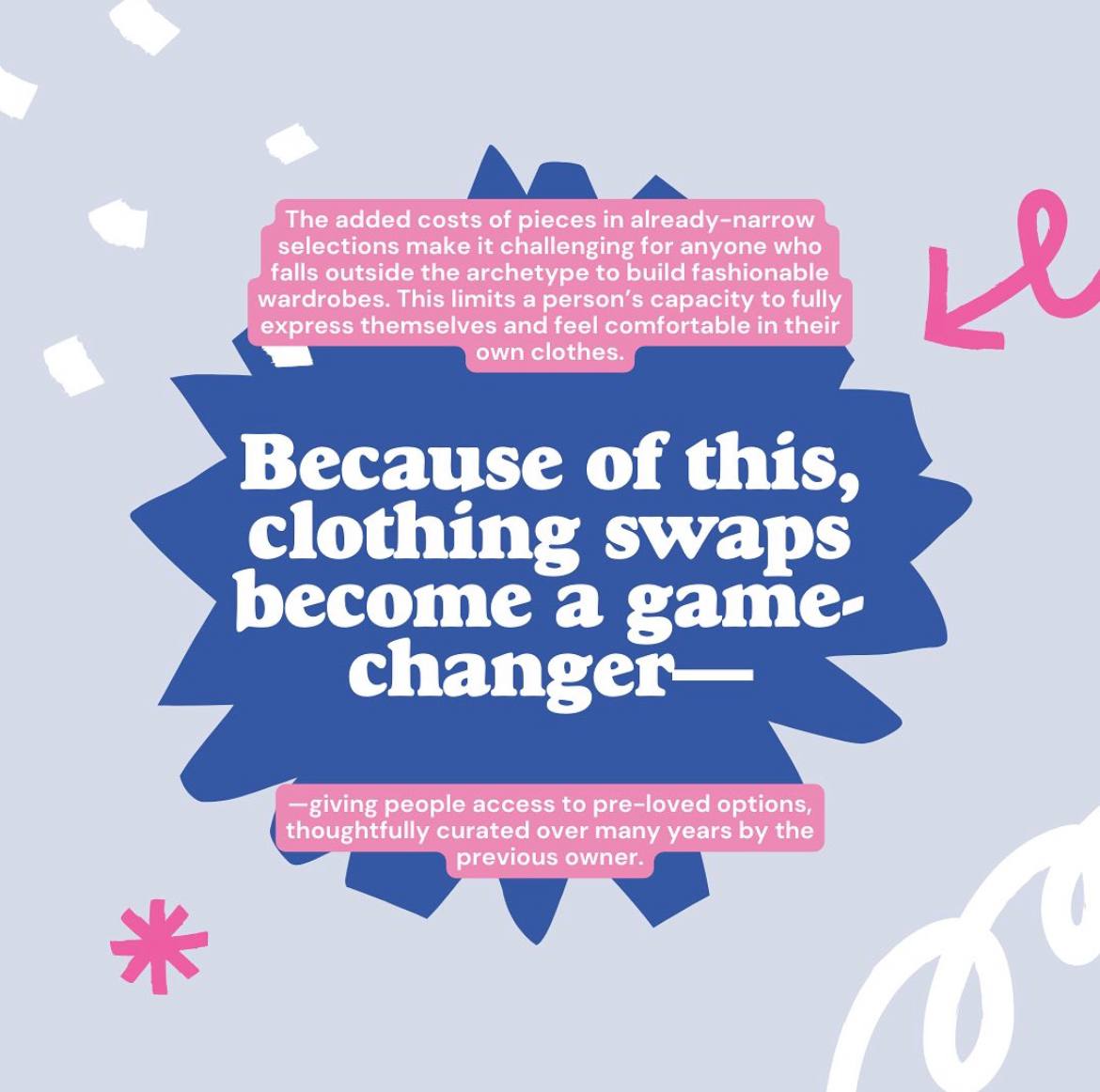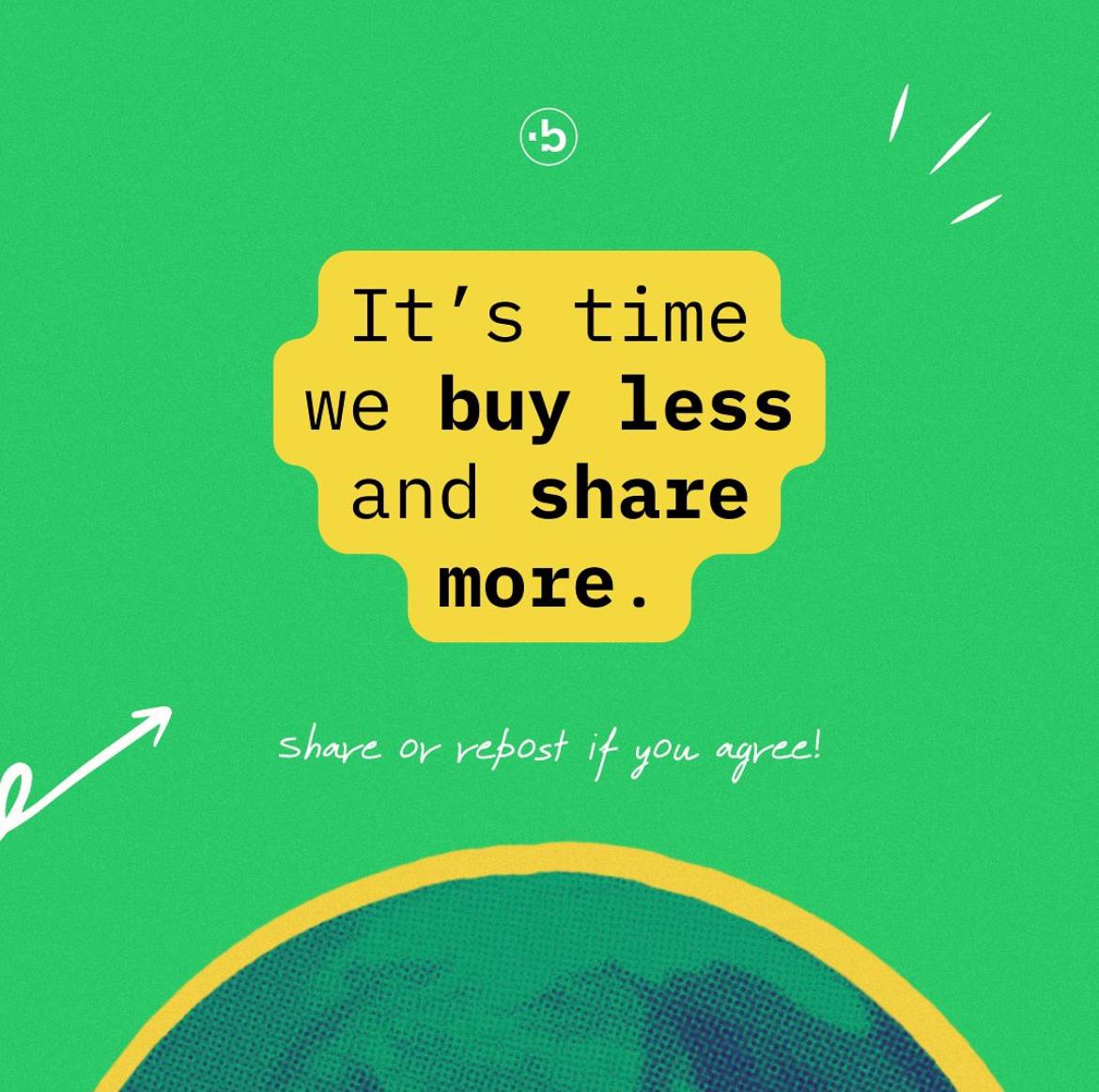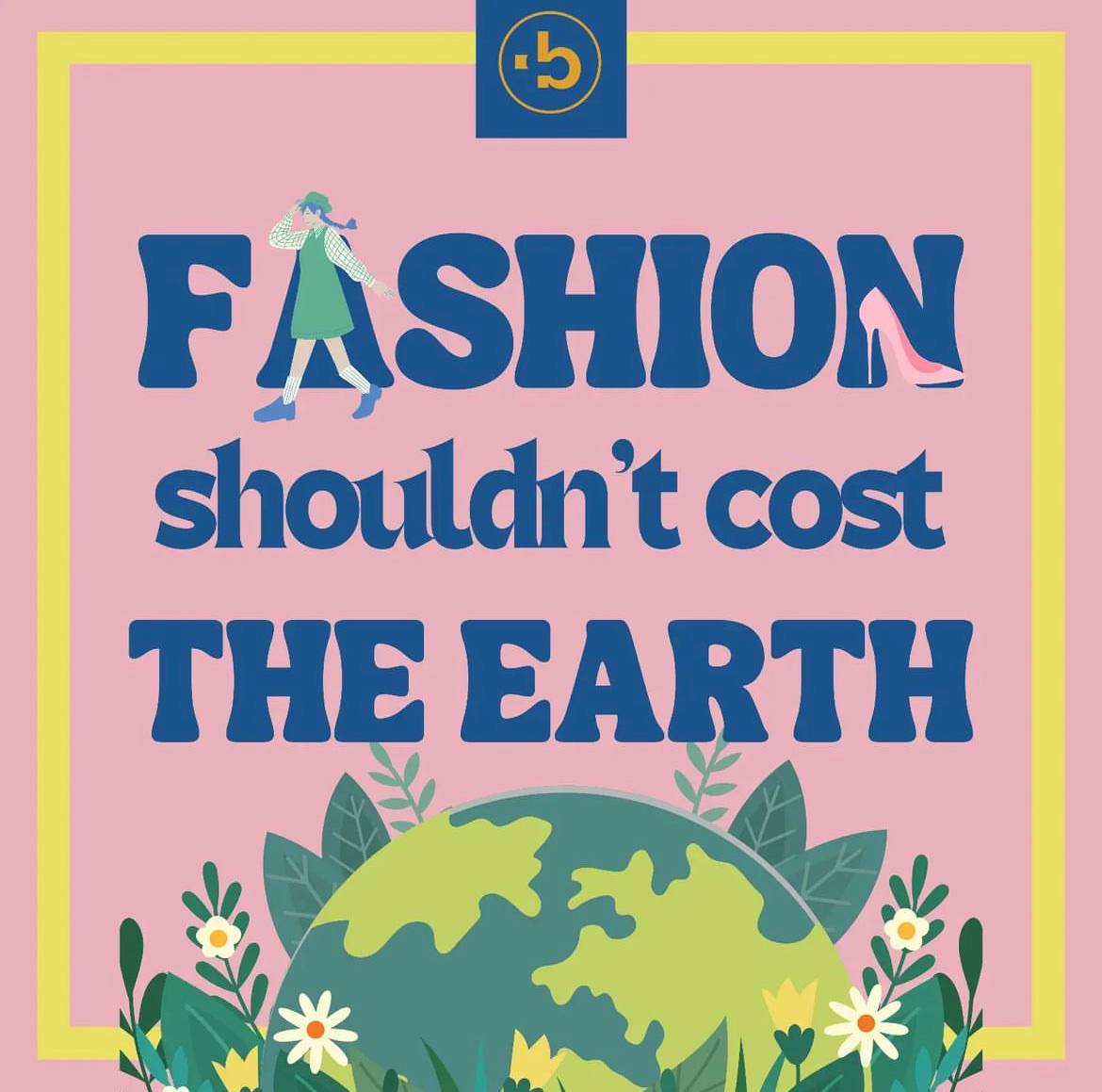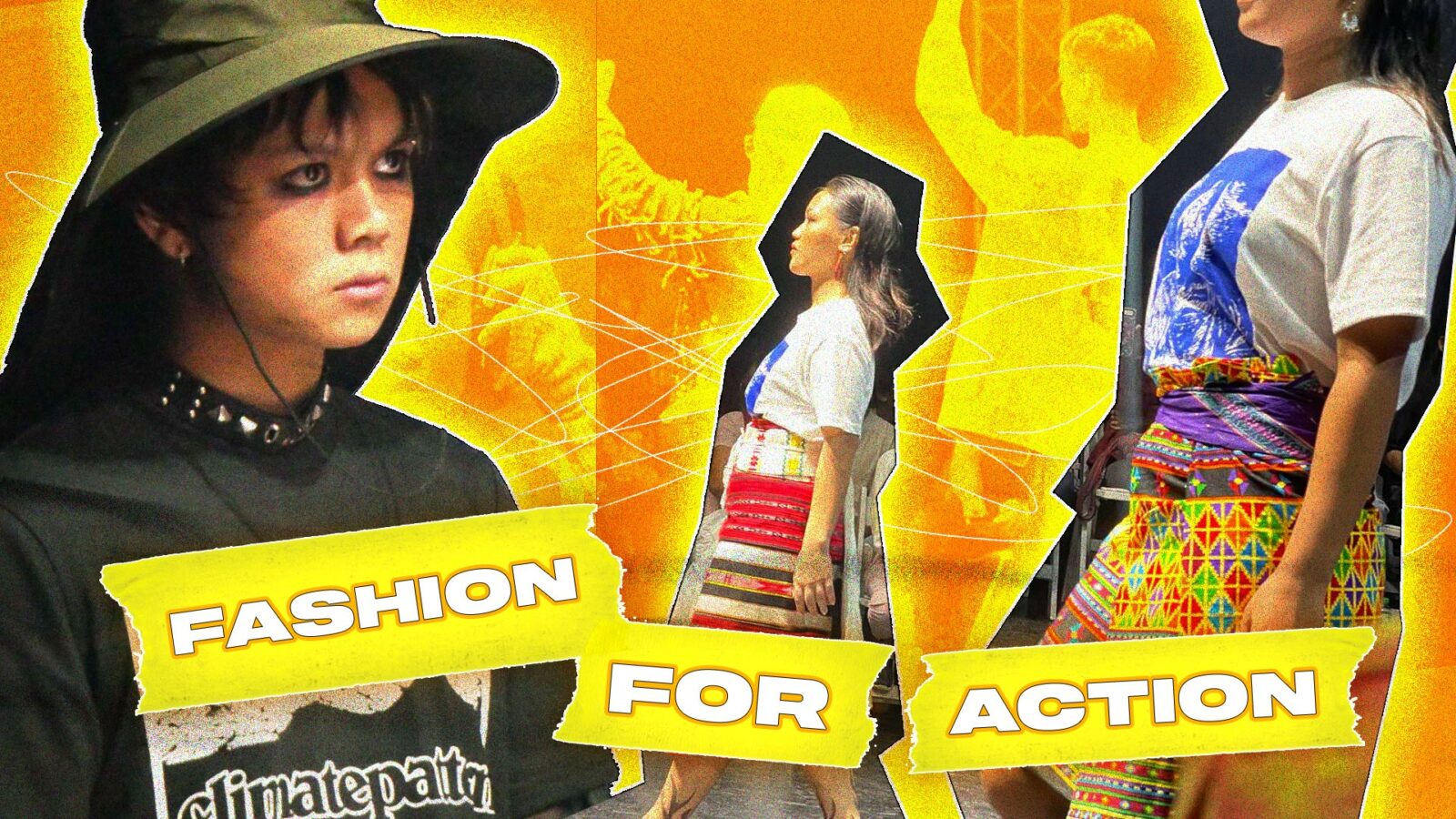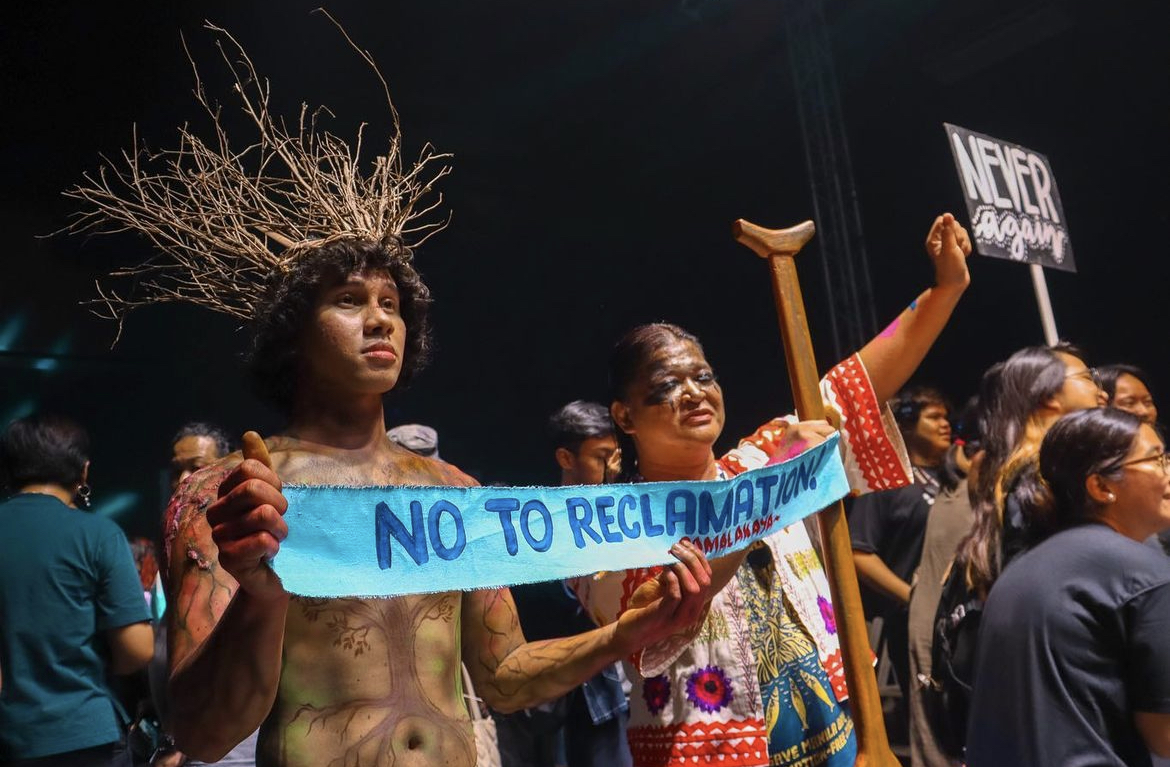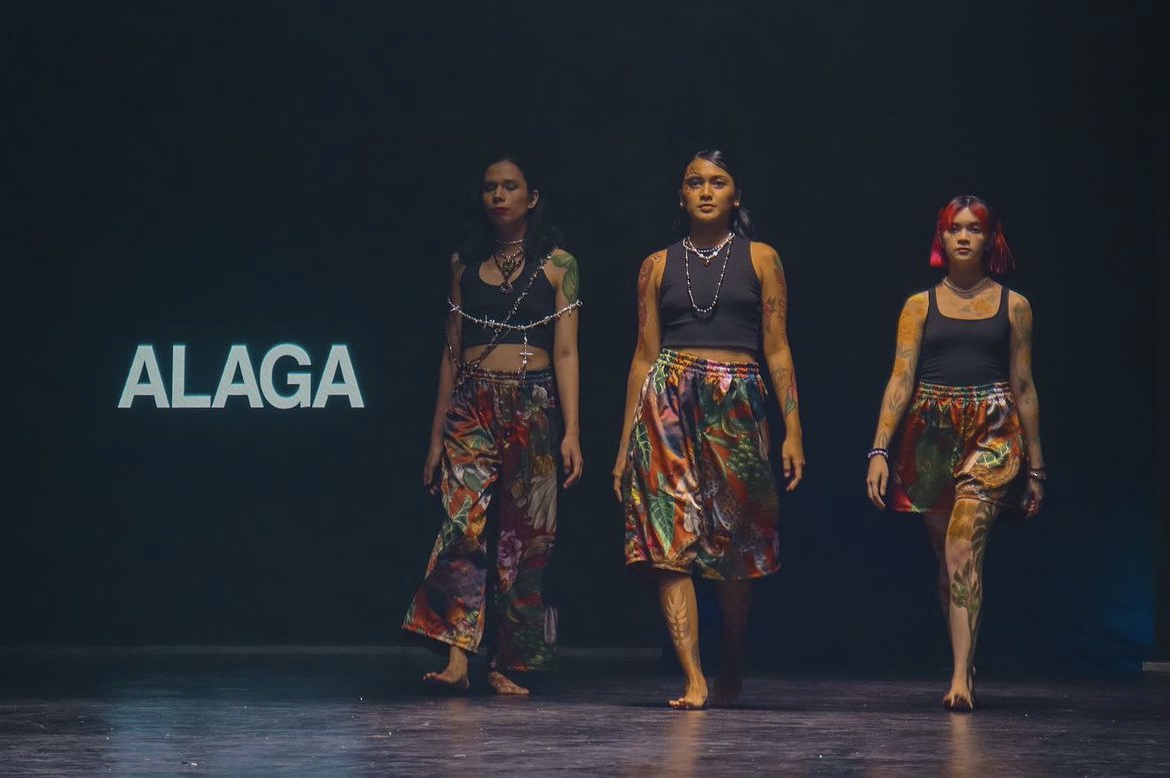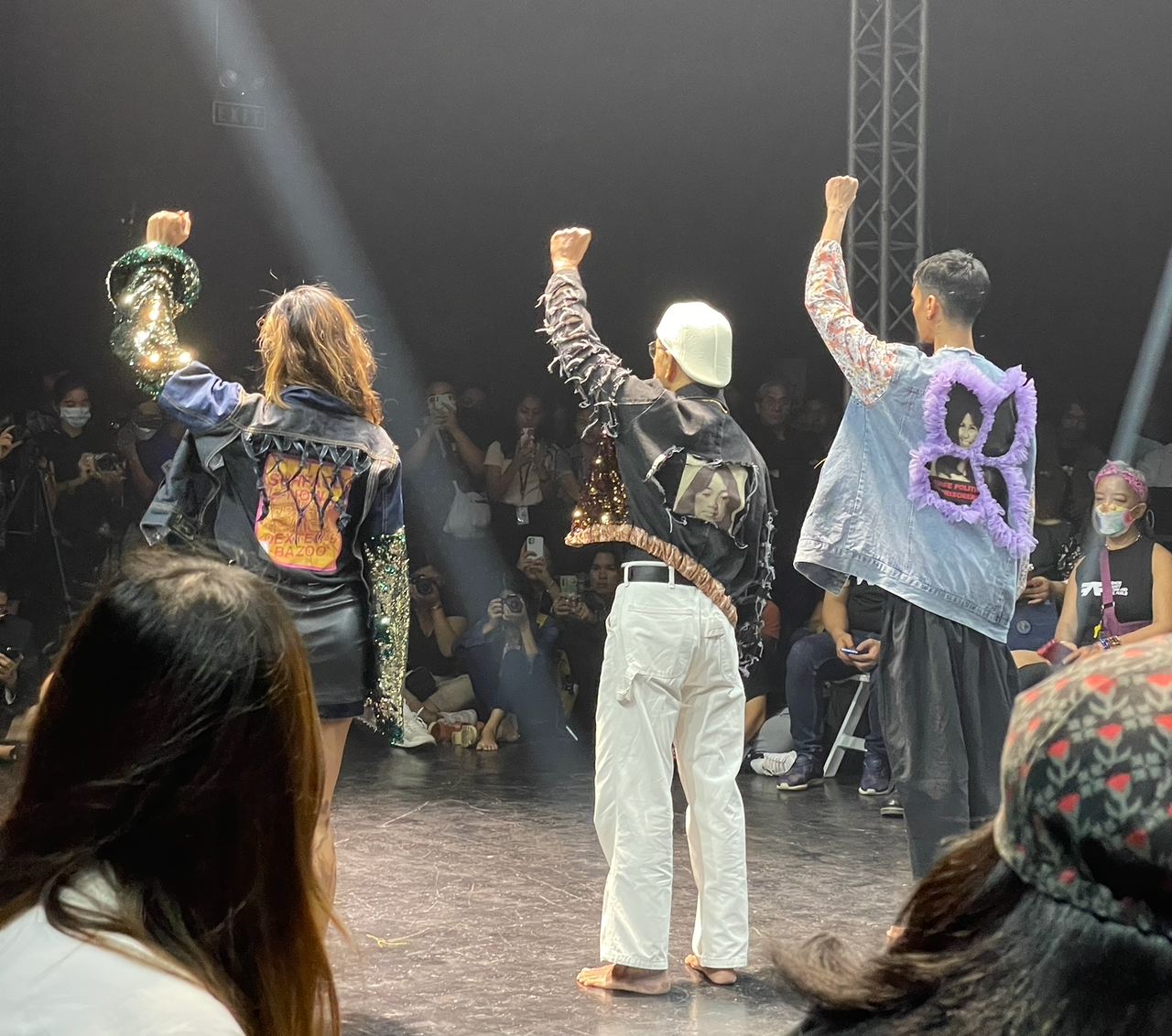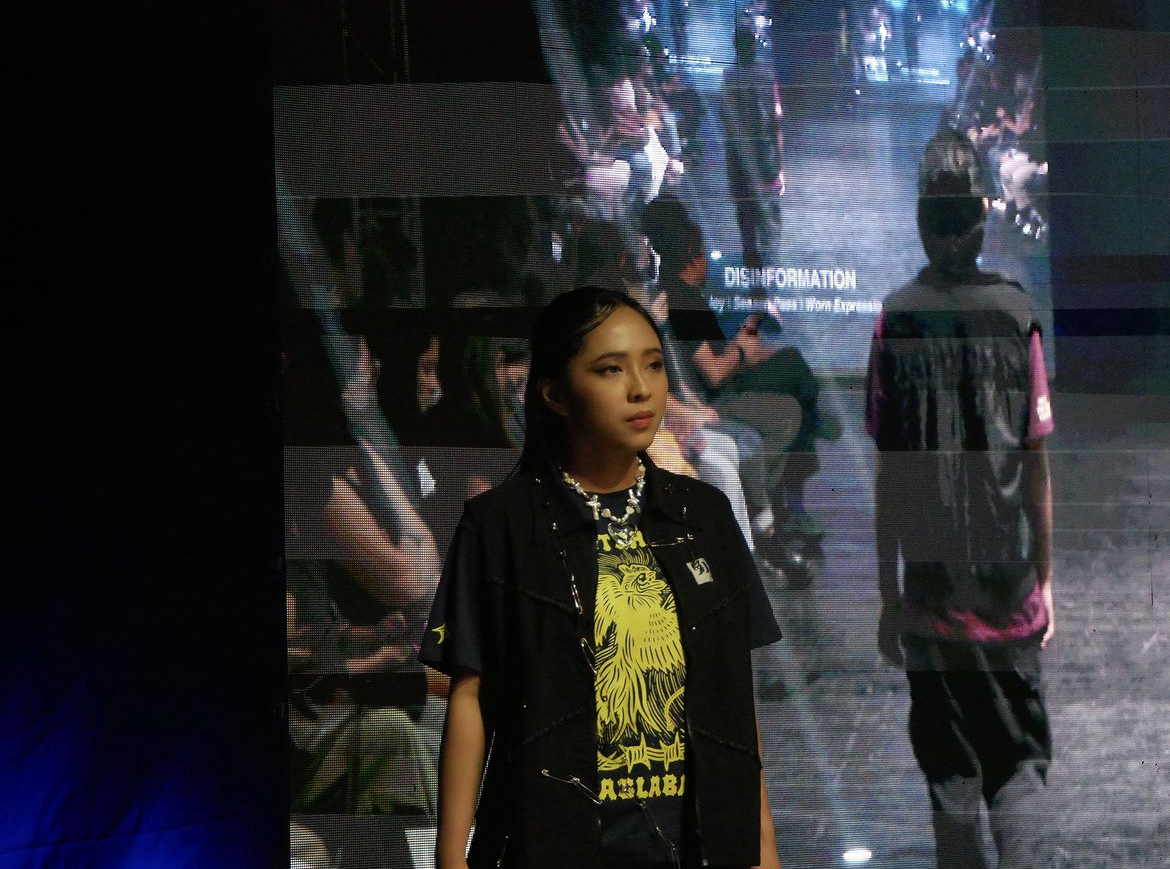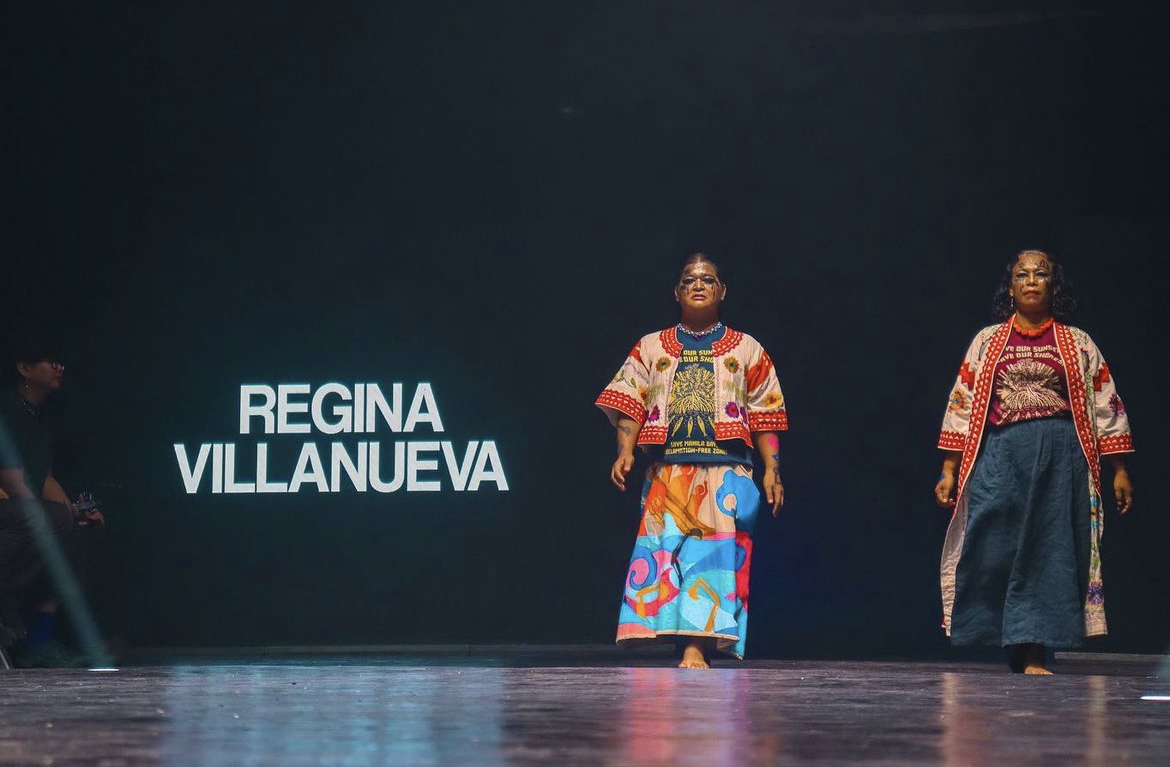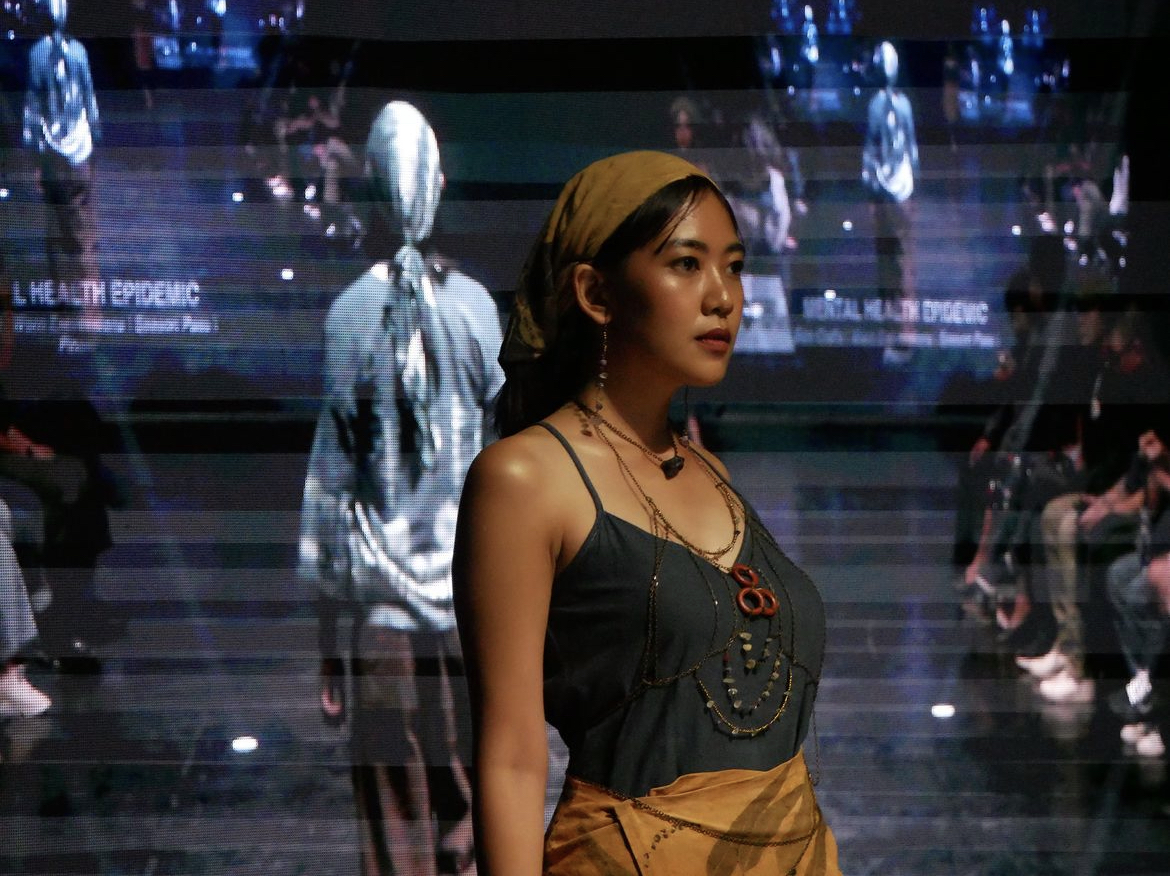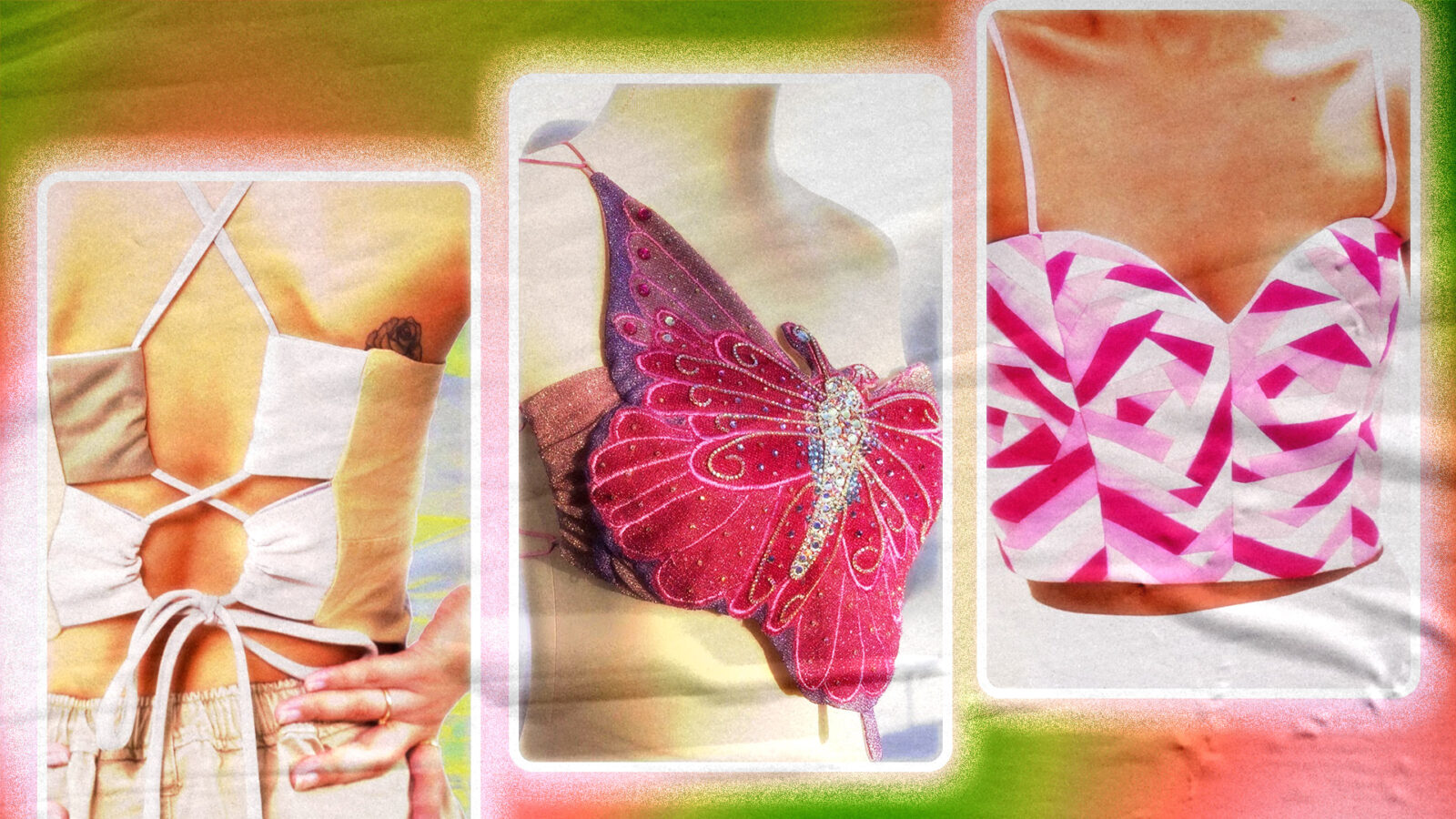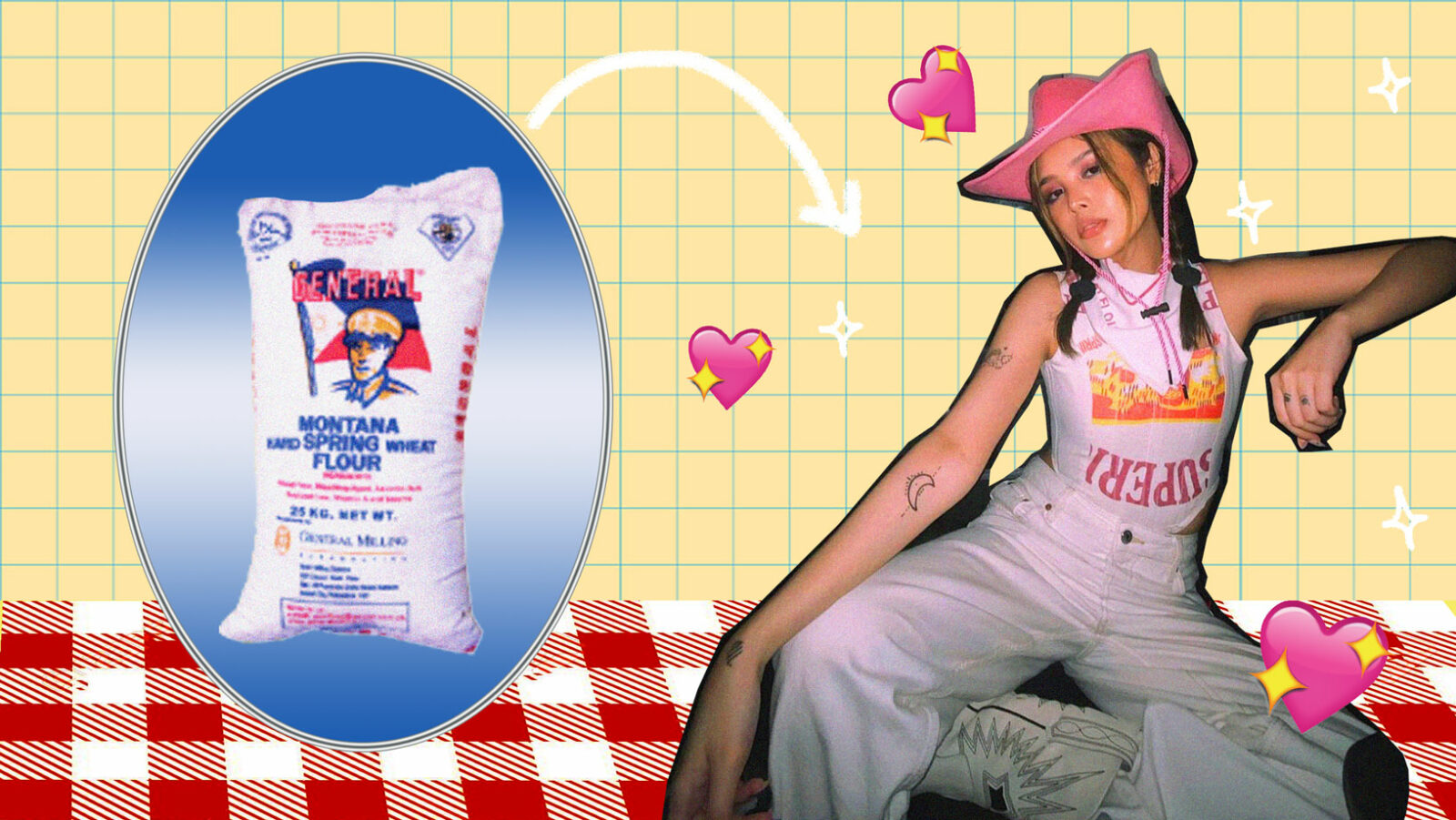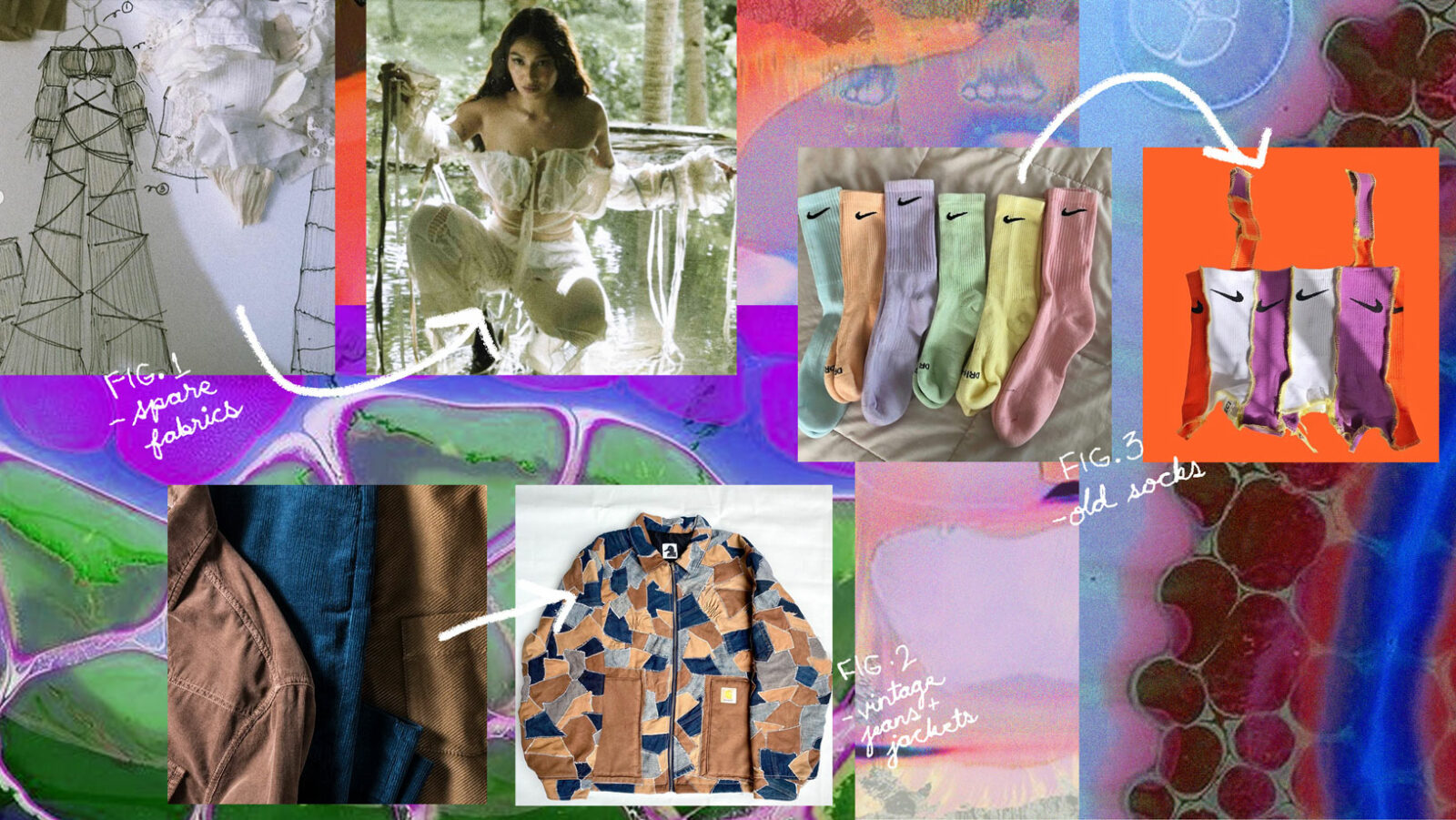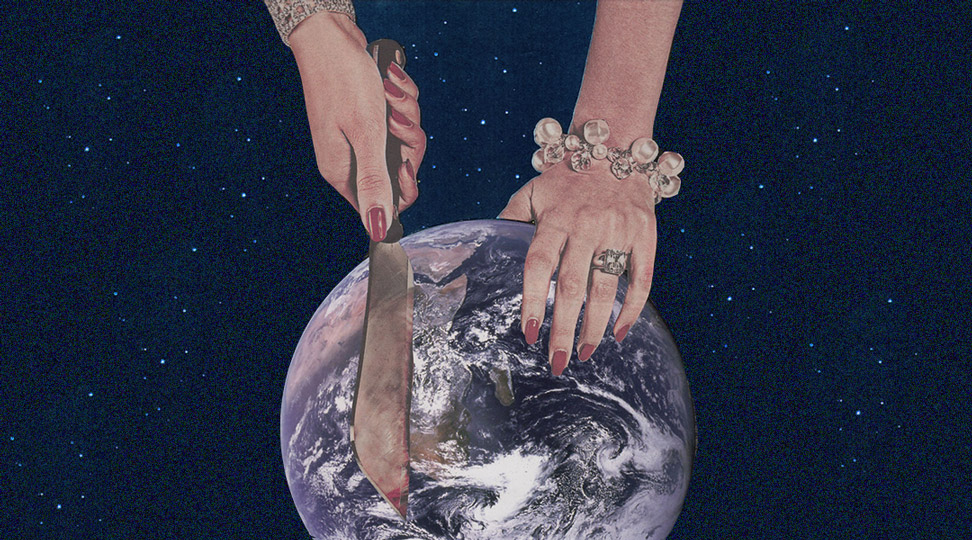Young environmentalists and activists brought art and politics to the runway as they held a fashion show highlighting calls for climate justice, social justice, and the end of fossil fuels. Read all about Fashion Against Fascism and Fossil Fuels 2023 below!
Related: 3 Local Sustainable Fashion Brands Founded by Young Women
When we think of fashion shows, we often think of cosmopolitan elegance, glittering sophistication, and high-speed, high-intensity glamour. We think of extravaganzas, publicity stunts à la America’s Next Top Model challenges, Victoria’s Secret Angel wings, or questionable avant garde fashions. Fashion shows are often criticized for catering to the privileged, negatively affecting body image, or being wasteful and pointless.
And while critical discourse on the current state of fashion is much needed, what is woven through the very essence of fashion is the human desire to communicate through art. Given its deep roots in human and social experience, art and fashion are inherently political. As such, in fashion there is space for creativity, artistry, and expression. It is an avenue by which humanity can speak out, influence, criticize, and amplify calls for justice.
Fashion Against Fascism and Fossil Fuels is an annual fashion show hosted by the Youth Advocates For Climate Action Philippines (YACAP), a nationwide alliance of youth organizations and individuals fighting for climate justice. This year’s show was held on September 15 and had the theme Empire of the Son: Drought & Deluge, an effort to highlight the calls of those impacted the most by systemic issues and shed light on how the current system has failed to address environmental and human rights concerns in the Philippines.
DROUGHT & DELUGE
The fashion show was divided into two sections: Part 1 – Drought, and Part 2 – Deluge. Drought focused on the environmental issues that plague the nation, featuring themes surrounding reclamation, El Nino, and environmental plunder.
Deluge focused on socio-political injustices experienced by Filipinos, such as disinformation, the mental health epidemic, and impunity.
The show featured pieces from Filipino brands Himaya, For Elimari, Pinsel, Regina Villanueva, Season Pass, Worn Expressions; partner designers Alaga, bice crafts, Joanna Rizza David, Santi Obcena, Cha Reyes, and XCA; and shirt designs by artists Bry Barrios, Kill Joy, Rusty Flores, Tokwa Peñaflorida, and The Sinner Collective. Instead of focusing on singular designs and designers like regular fashion shows, FAFFF put pieces together to represent each theme.
For instance, outerwear pieces in the finale—jackets with the backs cut out to make elaborate “windows”—represented shields as they are worn over shirts featuring environmental and human rights defenders. The outfits showcased designs by Joanna Rizza David, Season Pass, and Worn Expressions.
All pieces were ready-to-wear designs by Filipino designers from different sectors, and styles varied, ranging from casual-wear to more extravagant Filipiniana-inspired ternos. Each outfit conveyed strong messages of resistance, unwavering pride in identity, and rootedness in environment and humanity.
ACTIVISM AND ADVOCACY IN ART
Fashion has long been a medium not just for creative expression, but also political expression. From using fabric and weaving techniques by indigenous peoples facing threats of violence and displacement, to having people from marginalized sectors model the clothing, FAFF 2023 brought together art and fashion in a show of solidarity and resistance.
Models walked barefoot, slow and solemn, every aspect of their presentation from makeup to demeanor indicating the gravity of why this fashion show was happening. The final walk saw all the models come out with signs and placards calling for action to address environmental and human rights issues and calling attention to their inherent interconnectedness.
Sustainability, for instance, is not just an environmental issue. Sustainability involves not just an ethical and environmentally-conscious acquisition of material, but also an ethical process of creation and consumption. FAFFF and YACAP endeavored to foster a collective understanding of such interconnectedness, and build solidarity founded on a desire for change.
THE KIDS ARE ALRIGHT
There’s no doubt that the youth is passionate and steadfast in their participation to combat environmental and social injustice.
Upon entering Studio 72, I heard an usher remark to another, “Mukhang mapupuno, noh?” It hit me at that moment how many people gathered to watch the show—whether they were merely fashion enthusiasts or activists or both.
The line to enter was long, winding around twice in the parking lot, and the seats were full. Students, designers, artists, and advocates of all ages were decked out in the encouraged black attire, marveling at the clothing, internalizing the messages, and reflecting on what the entire night truly meant.
YACAP itself is a youth-led organization, the Philippine chapter of Fridays For Future. A global movement sparked by young environmental activist Greta Thunberg, Fridays For Future helms the Global Climate Strike, in which students joining the movement across the globe skip Friday classes to strike and protest for swift action against the worsening climate crisis.
Fashion Against Fascism and Fossil Fuels is part of the Global Climate Strike, which, according to YACAP, “registers [a] call for immediate climate action.” The call to end fossil fuels is a priority of the movement, as fossil fuels cause environmental damage and the industry is said to hinder actions to address the climate crisis.
As the youth and marginalized sectors are growing more aware—and more discontent—at the lack of action to address the climate crisis, they emphasize the need to “come together and put pressure on national and international bodies to address the crisis by putting an end to fossil fuels, and spearheading a transition to a more just, more sustainable future.”
In using art, performance, and fashion as a medium, Fashion Against Fascism and Fossil Fuels illuminated the intersectionality of environmental, social, and political issues and amplified the call to put an end to fossil fuels and injustice fast, fair, and forever.
Continue Reading: For a Better Future: Filipina Climate Advocate Ann Dumaliang Champions Conservationist Cause at COP27
